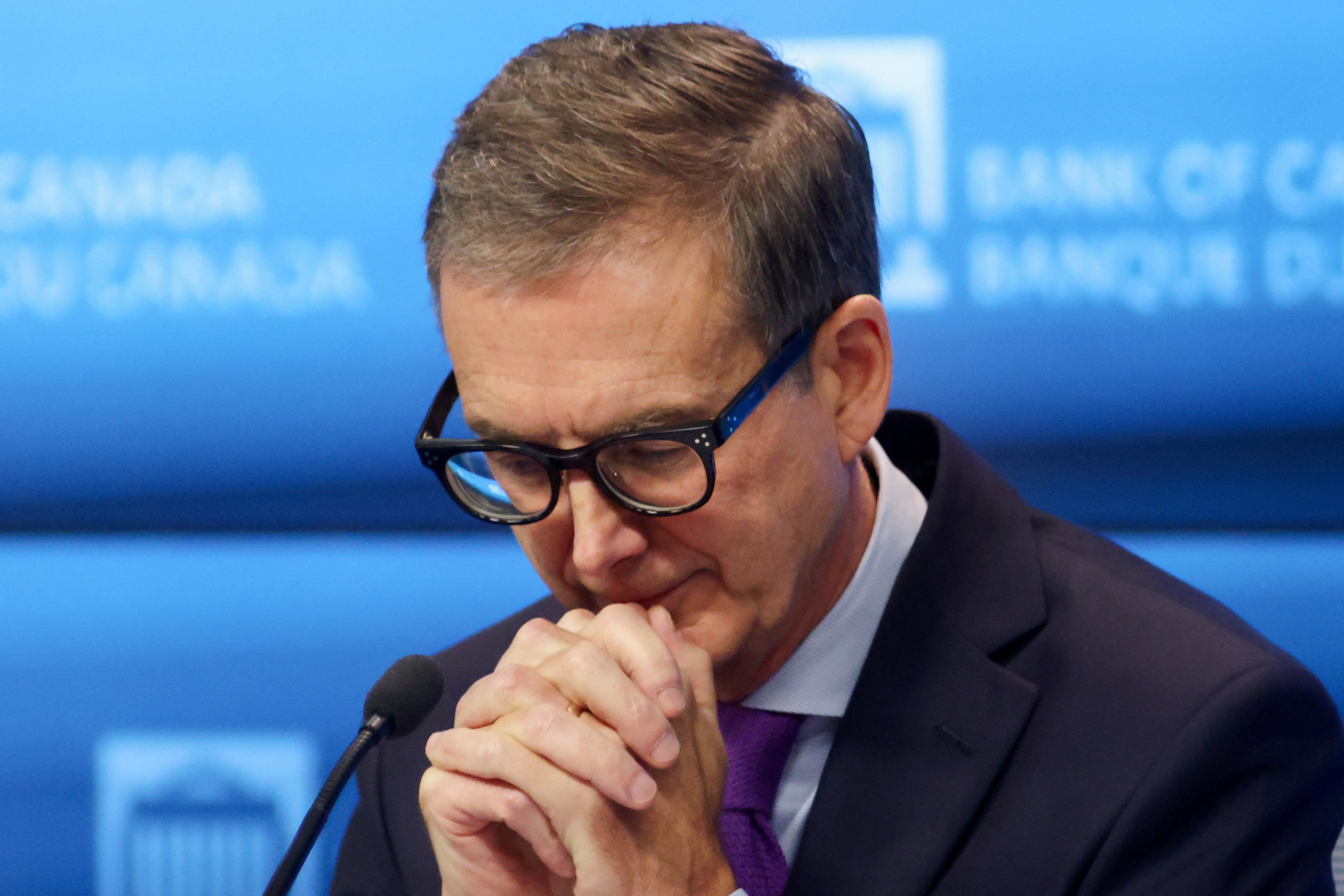As hopes for dodging a recession grow amid continuing affordability struggles, central bankers in the United States and Canada may be settling into a familiar pattern of cautious optimism.
Annual inflation in Canada dropped to 3.8% in September, well above the 2% target. Yet, on Wednesday, the Bank of Canada released its decision to hold interest rates at 5%, citing “clearer signs that monetary policy is moderating spending and relieving price pressures.”
Despite warnings from bank chief Tiff Macklem that rates could rise in the future, market watchers speculate that Canadians have seen the last hike for the foreseeable future. The possible rate peak comes after 10 increases since 2022, which saw the target rate hit a two-decade high. The bank also decided to hold interest rates steady at its last meeting.
South of the border, meanwhile, the US consumer price index rose 0.4% in September — following the previous month’s 0.6% increase. The country also added over 330,000 jobs.
Still, the Fed determined that the rate of price increases trending down was enough to warrant a pause, and it held rates at the 5.25-5.5% range, boosting confidence in a soft landing in the US.
Last week, Federal Reserve Chair Jerome Powell admitted to uncertainties in the market but said evidence suggested monetary policy “is not too tight right now.” Still, he suggested rates could hold — although, like Macklem in Canada, he cautioned that future hikes are possible.
Geopolitical pressure, including the war in Ukraine and the Israel-Hamas war, is leaving plenty of questions around future economic outcomes. Meanwhile, an expected rise in COVID cases, a possible US government shutdown, extreme weather events — with experts predicting a powerful El Nino event later this year — are factors to watch. We’ll be watching to see what effect they have as hopes for a soft landing and break from the madness of the last several years persist.
